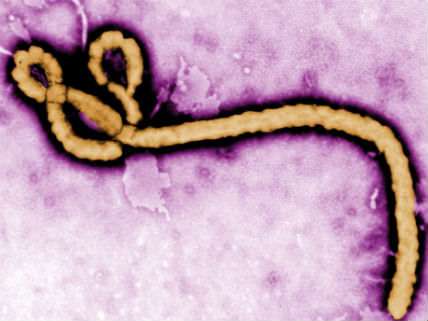Do U.S. Ebola Patients Have a Constitutional Right to Try Experimental Drugs?

Assume the following dire scenario: You become infected with Ebola and are quarantined by U.S. medical officials. A promising new experimental drug is in the works, but it hasn't yet received final approval. You want to try the drug but the authorities won't let you. Do you have a constitutional right to try to preserve your life by taking the experimental drug? Most Americans would probably say yes. But according to a prominent federal court, the answer is no.
In 2007 the U.S. Court of Appeals for the District of Columbia Circuit ruled against a group of terminally ill cancer patients who were suing the FDA in order to gain access to experimental drugs that had the potential to save their lives. According to the D.C. Circuit's ruling in Abigail Alliance for Better Access to Developmental Drugs v. Eschenbach, however, nothing in the Constitution protects "a fundamental right of access for the terminally ill to experimental drugs."
Writing in dissent, Judge Judith Ann Rogers, joined by Chief Judge Douglas Ginsburg, attacked the majority's "startling" decision and its "stunning misunderstanding of the stakes" involved for the terminally ill. "To deny the constitutional importance of the right to life and to attempt to preserve life is to move from judicial modesty to judicial abdication, as well as confusion," Rogers and Ginsburg declared.
Despite the strength of that dissent and the many failings of the majority opinion, however, the Supreme Court refused to take the case on appeal. The D.C. Circuit's ruling remains on the books.
For Reason's ongoing coverage of the Ebola outbreak, see here.


Show Comments (61)